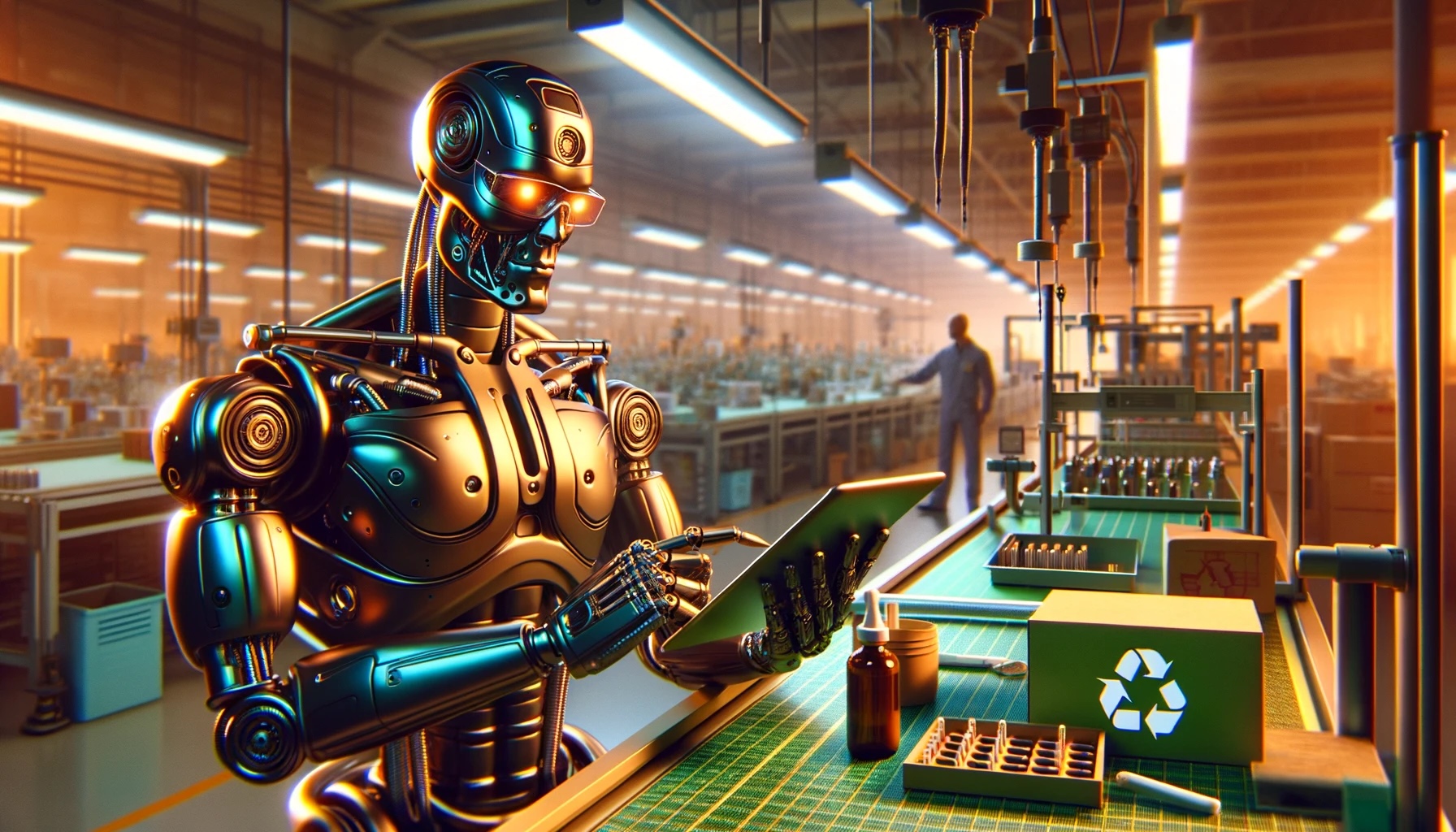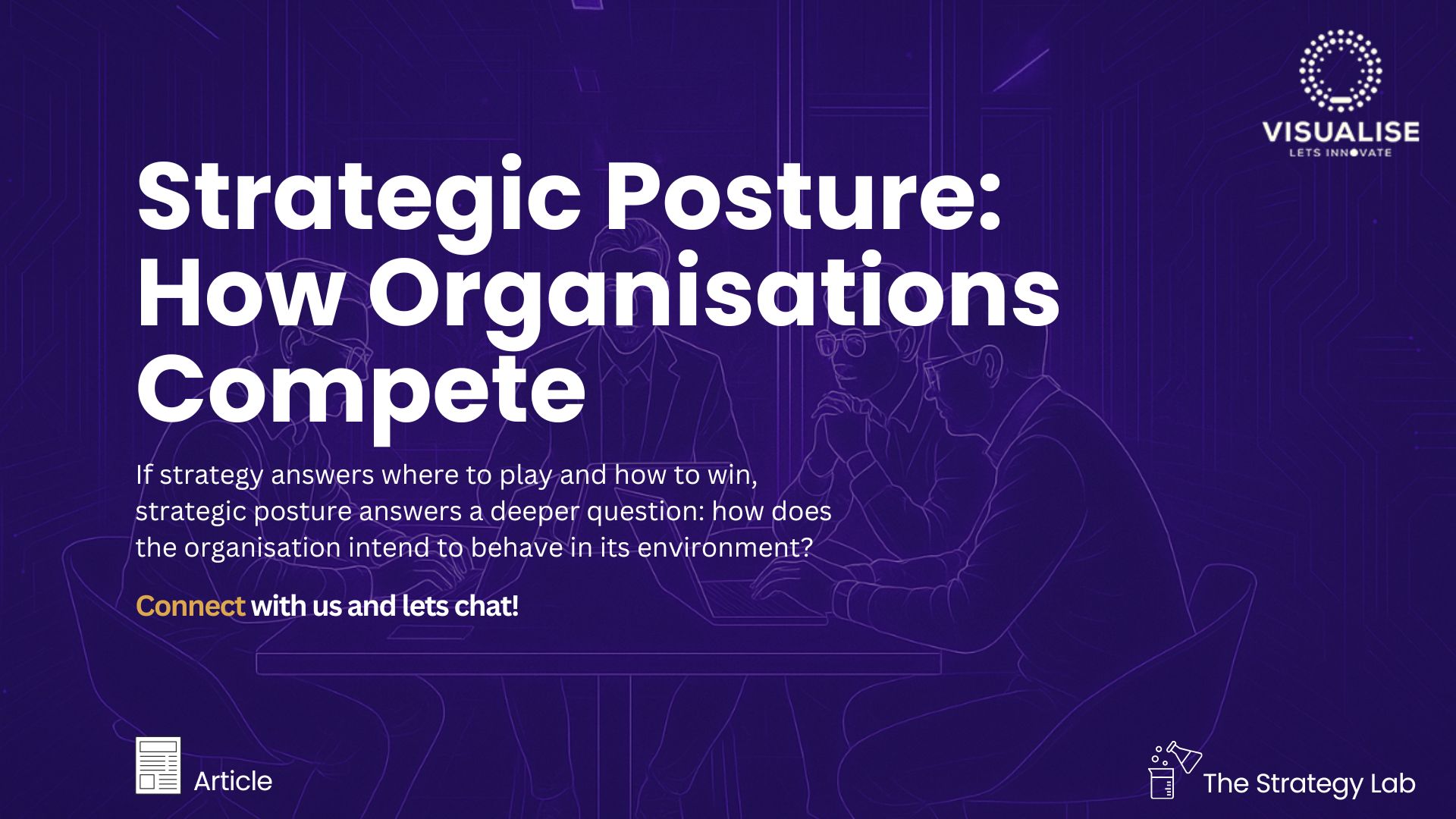Feb14

In the realm of industrial and manufacturing sectors, the quest for sustainability and operational efficiency is more pressing than ever. As industries worldwide grapple with the dual challenges of environmental sustainability and increasing productivity, the advent of Artificial Intelligence (AI), particularly Autonomous AI, emerges as a beacon of hope. In a recent episode of the Sustainable Supply Chain podcast, I had the privilege of discussing with Bryan DeBois, Director of Industrial AI at RoviSys, about the transformative impact AI is having on these sectors.
Autonomous AI, a subset of AI focused on making decisions and performing tasks without human intervention, is revolutionising how industries approach sustainability and efficiency. Unlike traditional AI, which relies on direct human input and supervision, Autonomous AI leverages advanced algorithms and machine learning to analyse data, learn from it, and make decisions based on its learning, all in real-time.
The significance of this technology in industrial settings cannot be overstated. By integrating Autonomous AI, industries can optimise their operations to reduce waste, conserve energy, and improve overall efficiency. For instance, in the manufacturing of baby formula, the application of Autonomous AI in managing steam usage not only conserves energy but also optimises the production process, ensuring that resources are used more efficiently and sustainably.
Moreover, the role of Autonomous AI in capturing and utilising expert knowledge through machine teaching techniques presents a groundbreaking opportunity. By digitising the expertise of seasoned professionals, industries can address the challenge of knowledge loss due to retirement or attrition, ensuring that valuable insights and best practices continue to enhance operational decisions.
However, the journey towards integrating Autonomous AI in industrial settings is not without challenges. Industries often face obstacles such as operational inertia, risk aversion, and the complexity of implementing new technologies. Yet, the benefits of adopting Autonomous AI — from reducing emissions to improving productivity — make it an endeavour worth pursuing.
The importance of AI in enhancing sustainability in industrial settings extends beyond individual companies to the global economy. As industries adopt AI technologies, they contribute to broader sustainability goals, such as those outlined in the United Nations Sustainable Development Goals (SDGs). For example, by reducing waste and improving energy efficiency, industries not only enhance their own sustainability but also contribute to global efforts to combat climate change and promote responsible consumption and production.
The conversation with Bryan DeBois on the Sustainable Supply Chain podcast shed light on the immense potential and real-world applications of Autonomous AI in driving sustainability and efficiency. This discussion underscores the critical role that AI technologies, particularly Autonomous AI, play in not just transforming industrial operations but also in making significant strides towards a more sustainable and efficient future.
As we look to the future, the integration of Autonomous AI in industrial settings represents a pivotal shift towards achieving environmental sustainability and operational excellence. The potential for AI to drive significant improvements across various sectors is vast, offering hope for a more sustainable and efficient world.
If you're intrigued by the possibilities of Autonomous AI and its impact on sustainability and efficiency in industrial settings, I encourage you to listen to the full episode of the Sustainable Supply Chain podcast. There, Bryan DeBois dives deeper into the practical applications and benefits of these technologies, offering valuable insights for anyone interested in the future of industrial sustainability.
In embracing Autonomous AI, industries have the opportunity to lead by example in the pursuit of sustainability and efficiency, setting the stage for a future where technology and environmental stewardship go hand in hand.
By Tom Raftery
Keywords: AI, Supply Chain, Sustainability
 AI and Embedded Connectivity: A New Era of Smart Devices
AI and Embedded Connectivity: A New Era of Smart Devices Strategic Posture: How Organisations Compete
Strategic Posture: How Organisations Compete Coherence Before Complexity
Coherence Before Complexity The Corix Partners Friday Reading List - February 20, 2026
The Corix Partners Friday Reading List - February 20, 2026 The retail playbook that worked for 30 years? It's not broken. It's just finished.
The retail playbook that worked for 30 years? It's not broken. It's just finished.